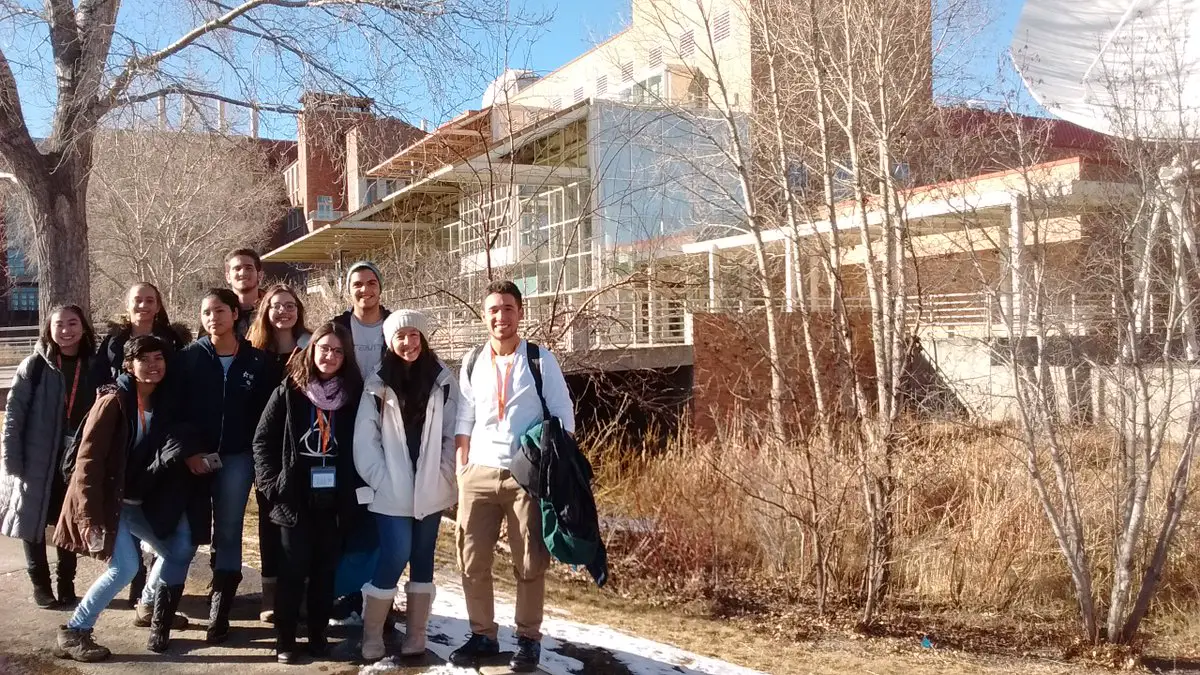International students will have a chance to study at 16 university campuses across the United States in the summer of 2019.
Boston University, St. Cloud State University, St. John’s University, University of Tennessee Knoxville, and the University of Wisconsin-Madison have become the new entrants to the club of 11 other host colleges.
The U.S. Department of State’s EducationUSA Academy network will host the international participants for the two to four weeks self-funded academic programs.
“It provides students with a rewarding summer study and cultural experience in the United States, allowing them to develop their English language skills while pursuing specialized and academic writing courses, tours of diverse college and university campuses, and cultural activities,” the State Department said.
“The Academy creates a pathway for international high school students who may not otherwise have considered attending university in the United States by providing them with the information and skills necessary to become successful students at U.S. higher education institutions,” it added.
Students who are aged from 15 to 17 and are residents of the countries other than the U.S. are eligible for this course.



